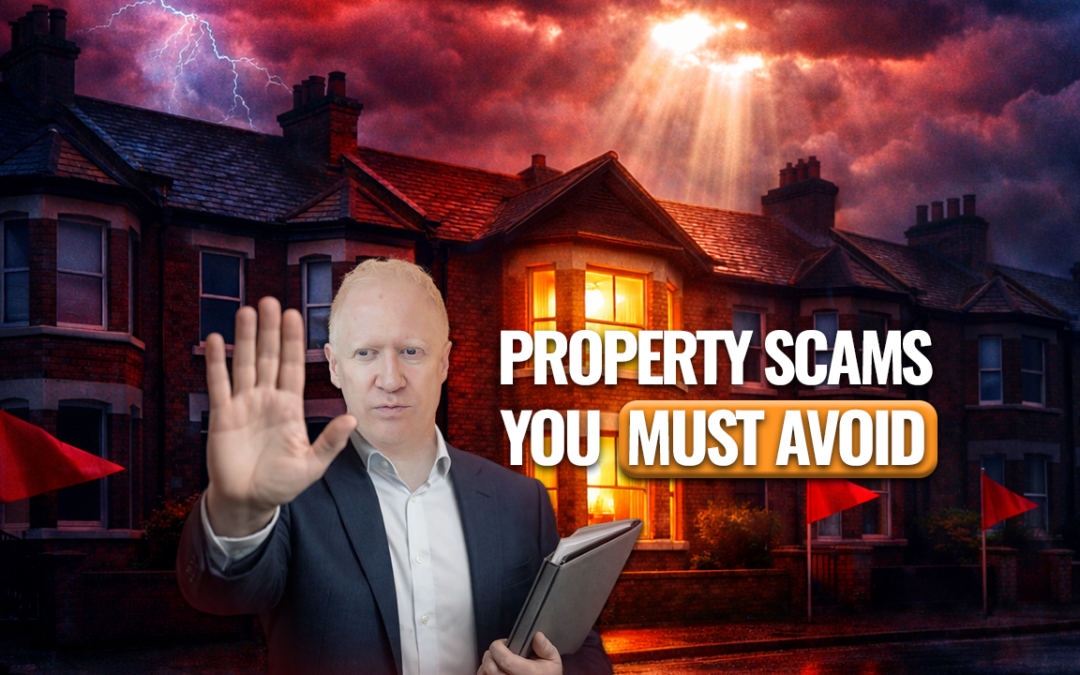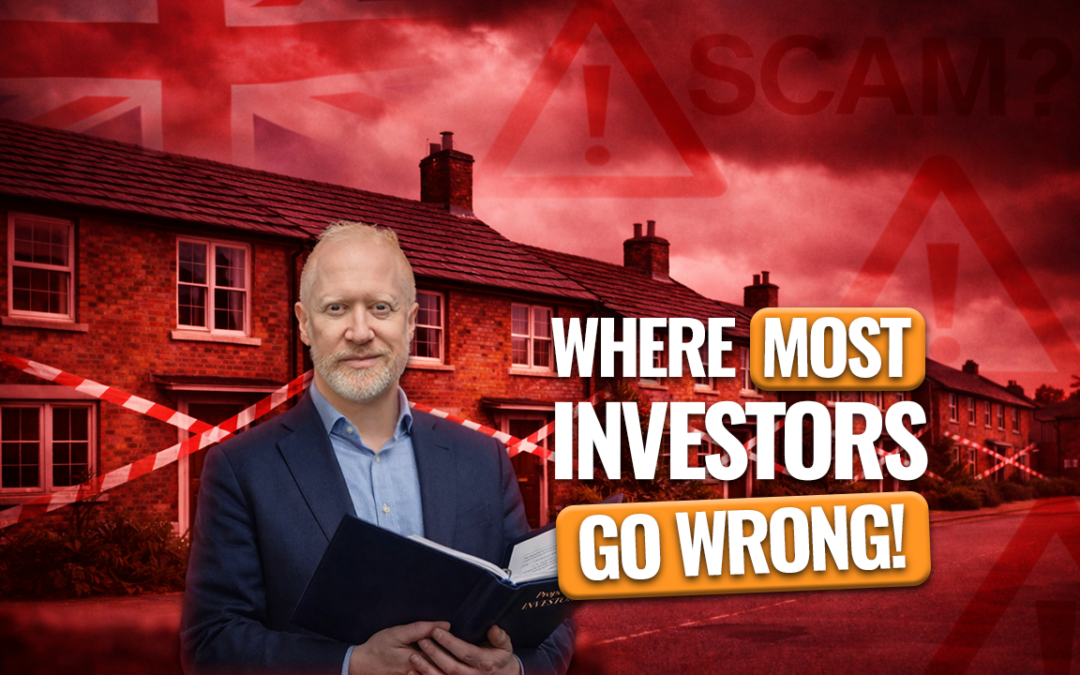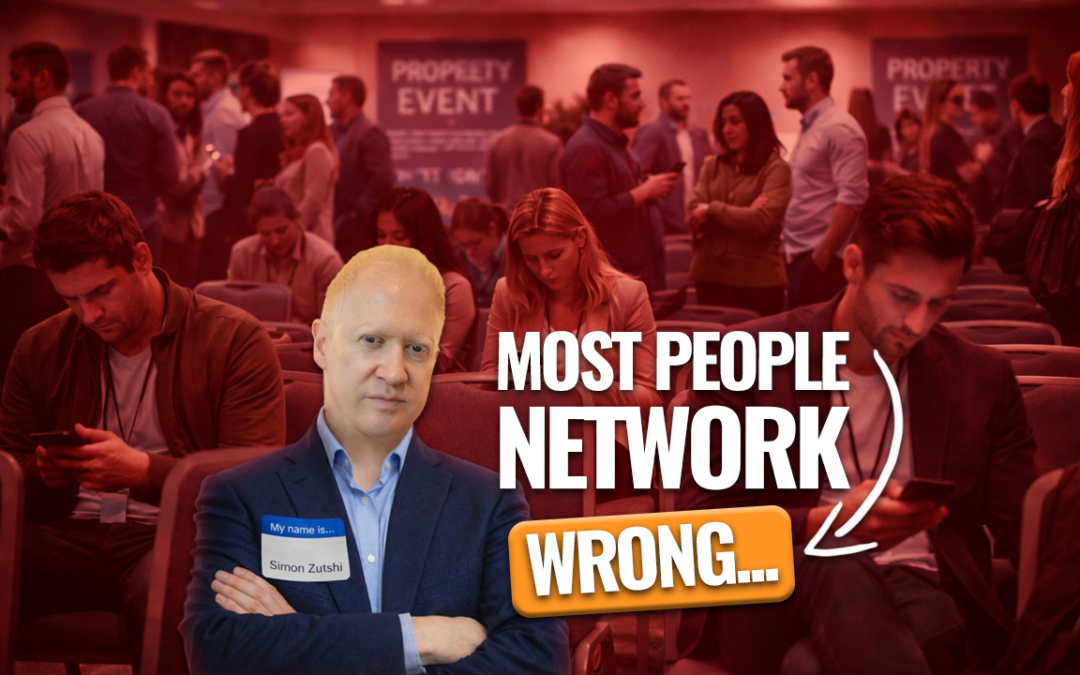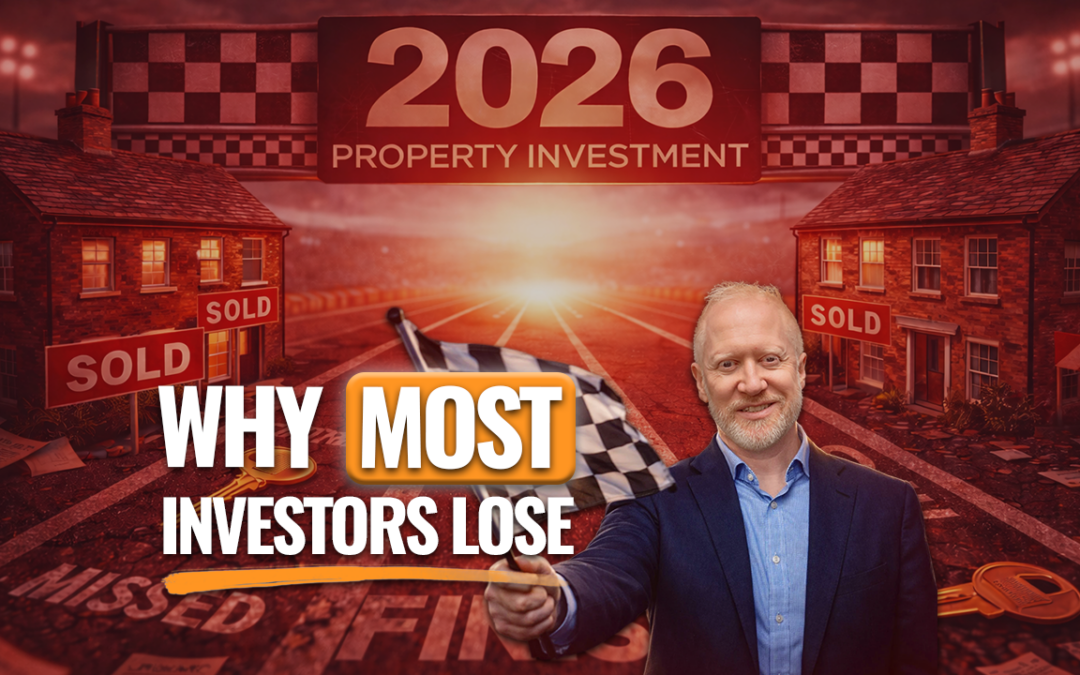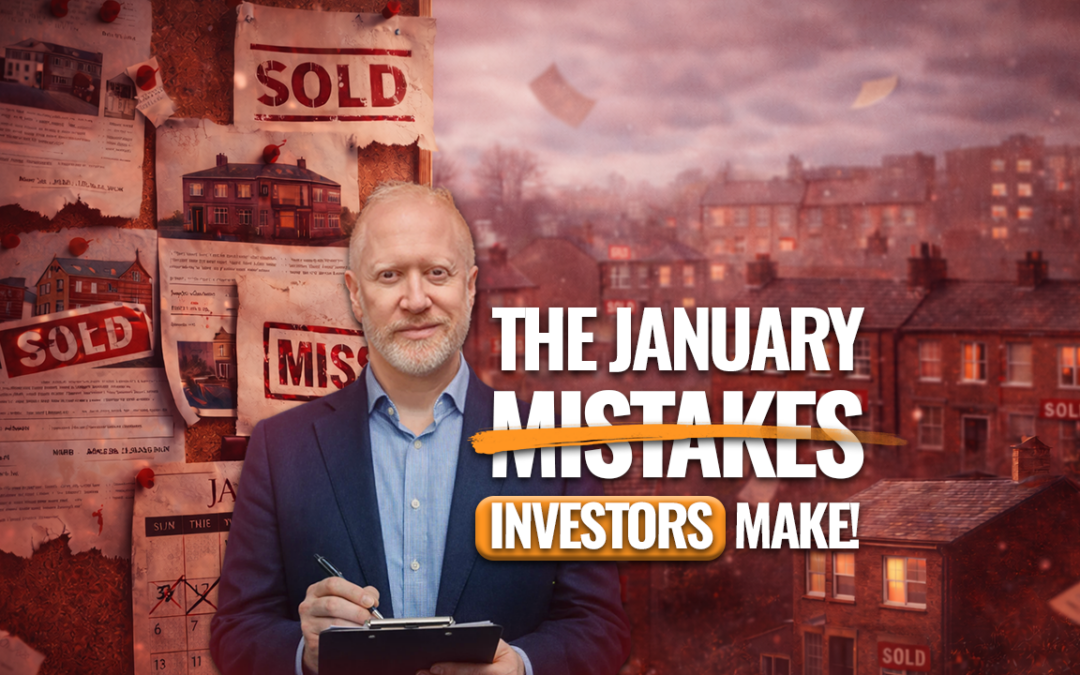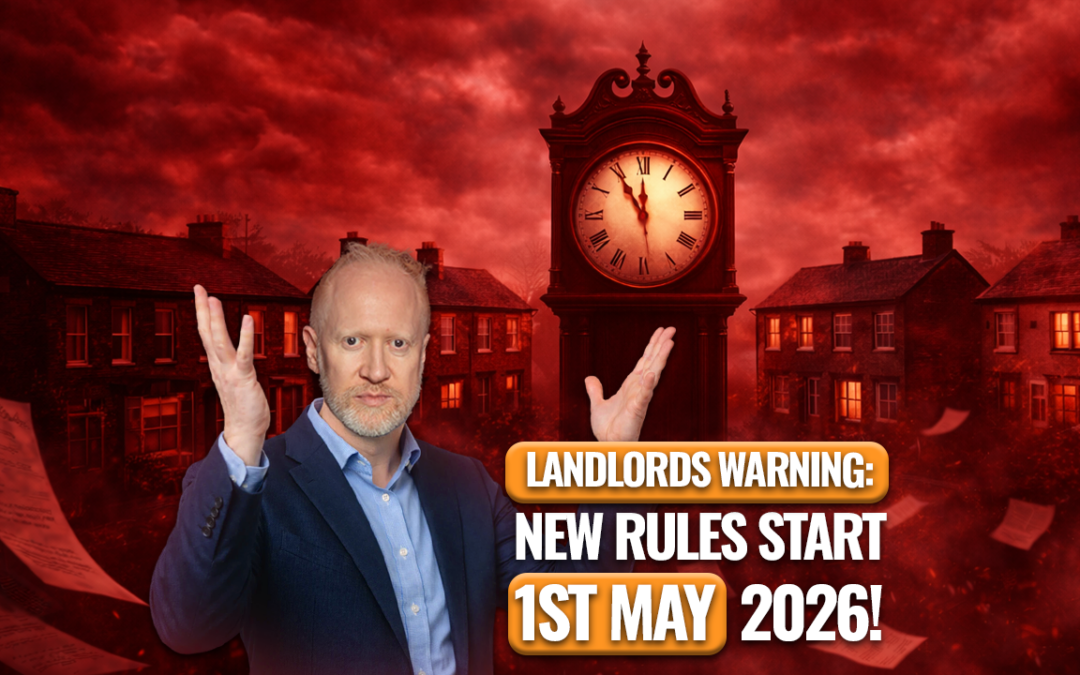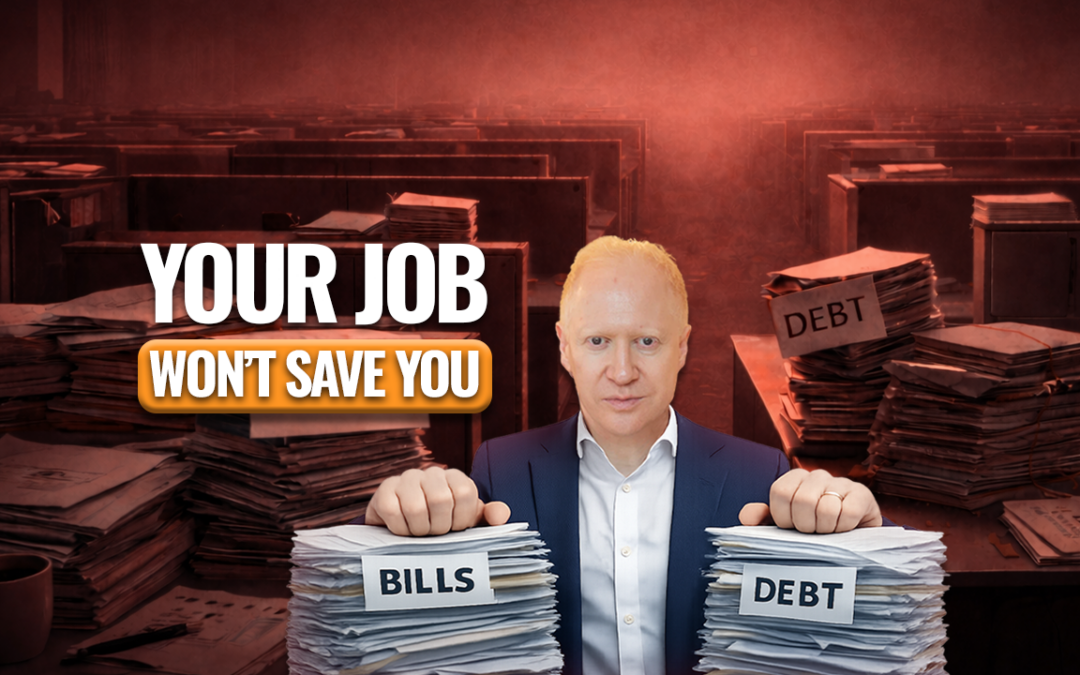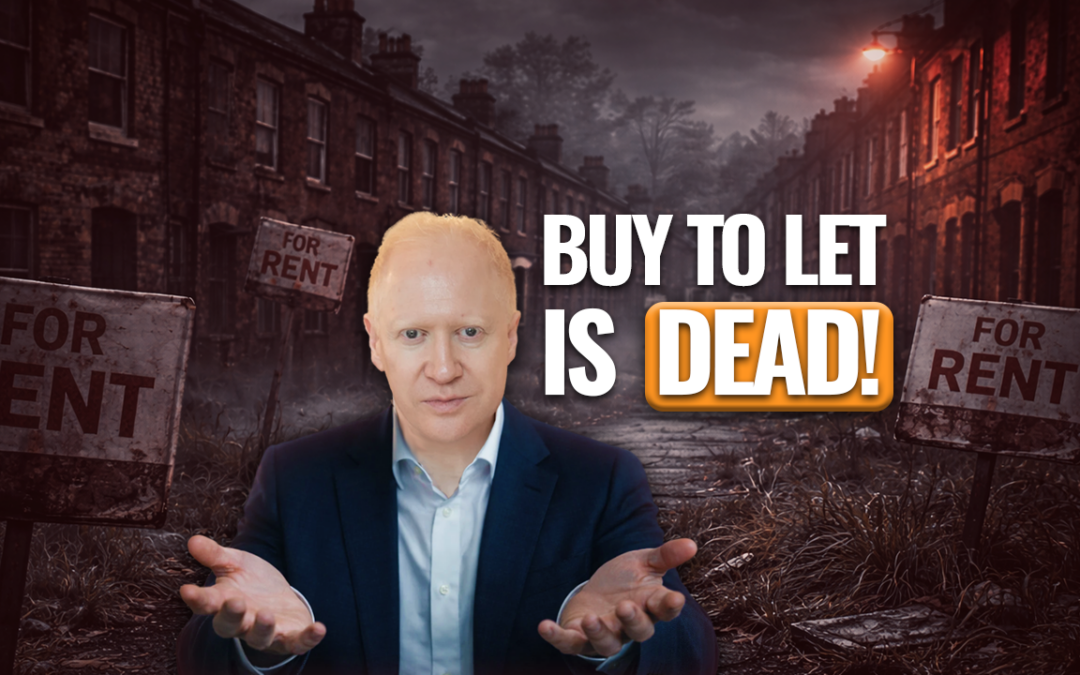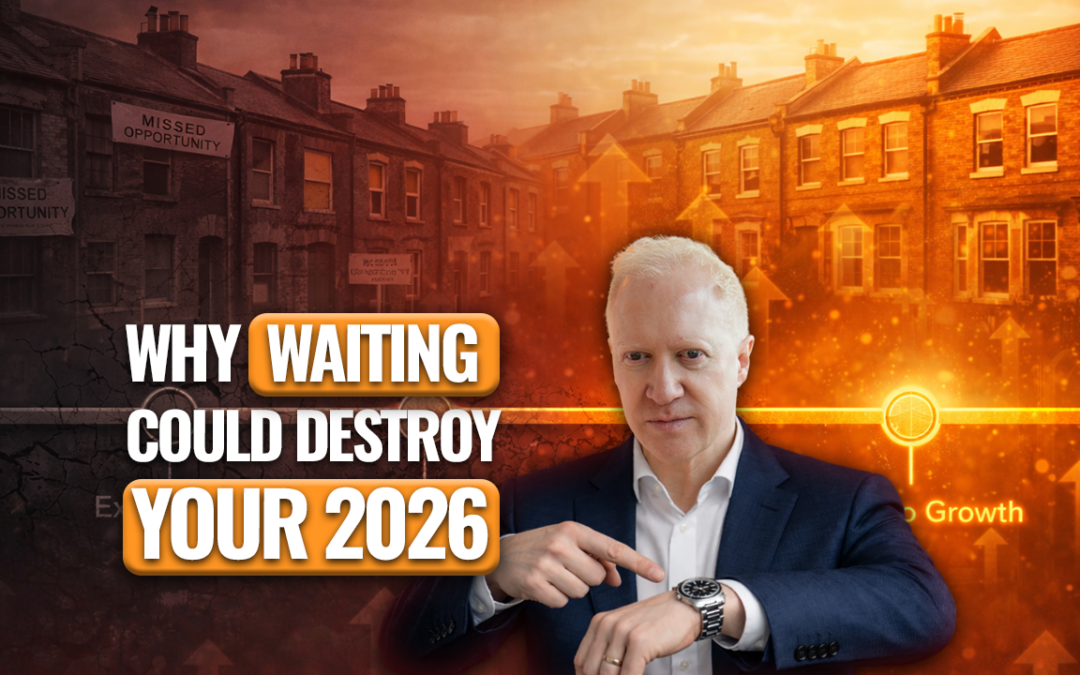When I first started to invest in property up until the middle of 2015, the best way to buy property was in your own name. That was true for the majority of people as it was very tax-efficient to buy in your own name. But then in July 2015, the government made an announcement that they were changing the way that we as property investors are taxed on our property investments in the UK. What it means is that now if you have property in your own name, which most of us did, you’re going to pay a lot more tax than if you have it in a company structure. Prior to that if you had it in a company, the mortgages were more expensive, there weren’t as many mortgages products available and it was more tax efficient to have properties in your own name which is why people put them in their own name. This new tax change, which is called Section 24, means that most investors going forward are now buying a property in a limited company structure. So I’m going to talk a little bit about buying investment property in a company and some of the things you need to think about.
Types of Property Businesses
When you set up a company, a company is a separate legal entity and you are not the company. You can be the owner, the shareholder, the director or an employee but you are not the company. It has got a limited liability, so if something goes wrong in the company, it doesn’t necessarily come back on you. Now as a director, you need to make sure the company is run properly and you put your accounts in. There are some obligations you need to have as a company owner, but they’re not actually that demanding when you understand them. A couple of things you think about when you set up your property investment company is that you need to make sure you set up the right type of company. Fundamentally, there are two types of property businesses. You might have what’s called a ‘Trading Business‘. Maybe you’re doing a strategy such as rent to rent or purchase lease options, you’re selling deals to other people or you’re doing property flips, that’s called a trading business. The other type of business is an ‘Investment Business‘. If you’re holding property long-term, you’re doing single let properties or if you’re doing houses of multiple occupation, HMOs, you’re holding it for long-term, then that’s called an investment business. If you’re doing the two different activities, you might need to have two different property companies. They’re treated in different ways and it’s very difficult to get a mortgage in a trading business where you’d have an investment business to get a mortgage.
“When you set up a company, a company is a separate legal entity and you are not the company. You can be the owner, the shareholder, the director or an employee but you are not the company. It has got a limited liability, so if something goes wrong in the company, it doesn’t necessarily come back on you.”

You Can’t Buy Property through Your Existing Business
A mistake that’s sometimes made is that you might already have your own limited company that might be related to your work. A lot of our clients are IT contractors, they have a limited company and their company bills the employer and then they get a salary from their company. That company often has money in it and people think “Right, I’ll just start buying property in this company.” But because it’s a trading company, mortgage companies don’t like that and won’t lend you against that company.
So even if you have a business already related to your employment, you might need to set up a separate investment business. What you can do if you’ve got money in a limited company, you can take a director’s loan. You can borrow some money from your company, put it into your brand-new limited company that you buy your property in and that’s how you can fund your deposits. One of the great things about having a limited company is that there are lots of expenses you can legitimately offset through the business. For example, if you have a mobile phone that you use for work, you can put that through the business, a lot of your travel in your car, you can put through your business. If you use one of the rooms in your home, you can obviously put that through your business as well and get a bit of a deduction for the household costs. If you do property education training, you can put all of those costs into your property business too and offset those costs against future profit.
Speak To a Property Tax Specialist
It’s really good to pay for as much as you possibly can from the business’ pre-tax profits instead of post-tax income which is when it’s in your pocket. They need to be legitimate expenses and if you have an accountant or an advisor, they can advise you on what you need to do. In fact I would suggest, if you’re setting up your company in the first place you can go and buy a company online for £20, but it might not be fit for purpose.
If you want to make a lot of money in your property, you’re going to pay lots of tax. So you want to make sure the company is set up correctly in the first place. I highly recommend all my clients speak to a property tax specialist, they might be a couple of hundred pounds but get it all set up right in the first place so that you minimise tax moving forward. Once you’ve set things up and you bought things it’s hard to move things around, so it’s one of those things you want to get right at the very beginning.
So I do hope it’s been useful for you understanding how using a property business is probably the way to move forward for most people now. I look forward to seeing you in the next post but in the meantime, Invest with knowledge, Invest with skill.

